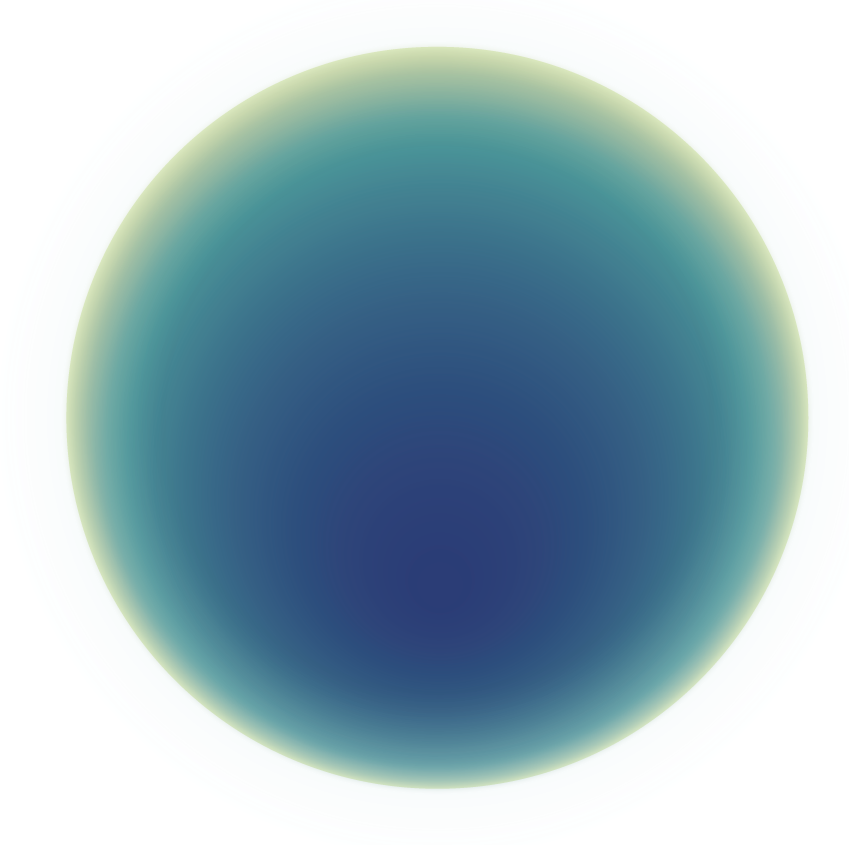
A (not so) typical day…
Each day at Summer Camp follows a Mediterranean tempo, beginning in the cooler hours of the morning from 8am-12pm, taking a break for a siesta, and reconvening for an afternoon session from 4pm-8pm, flowing into evening social activities. Enrollment is available by the week - Monday through Friday - on a morning, afternoon, or full day basis.
Every day of camp includes:
+ outdoor painting & drawing with a fine artist
+ reading for pleasure
+ a hands-on project or science experiment
+ a field game or field trip
+ a plant-based dinner
Nature and play are the starting point for our high caliber children’s summer program. All of our activities take place outdoors and are learner-led by default. Expect hands-on discovery. Don’t expect textbooks, worksheets, screens, or lectures.
At 8:00am, the day’s morning session begins with a rousing welcome ceremony. School-aged children break into groups for hour-long art, literature, and science workshops. Younger children participate in a modified version of these activities with a higher concentration of free play. Midway through the morning, a marenda (light snack), such as fruit or a homemade baked good, is offered.
At noon, the group breaks for lunch and rest with family.
At four, the day’s afternoon session convenes for a high energy activity in the landscape: a city-sprawling game, scavenger hunt, museum visit, or similar outdoor activity, followed by a hearty plant-based dinner.
At 8:00pm, the kid’s program adjourns and optional social activities begin! The summer calendar on Hvar is full of local festivals, art happenings, and cultural events in the evening. We have aligned our curriculum to make the most of these celebrations, and will arrange informal meet-ups for families who wish to attend together.
Language & Cultural Exchange
All materials are taught in English. For many children, this is an opportunity for immersive language acquisition. We have bilingual assistants to help Croatian campers and our teaching staff has experience working with non-native English speakers. With that said, school-aged children should have some foundation in English. Older children should be conversational.
Our summer camp is a place where locals and tourists can meet as equals. A driving goal of our program is to promote meaningful cultural exchange. For that reason, we place special emphasis on tolerance, openness, and an attitude of kind curiosity.
Art Program
Every day of camp includes an hour of “field arts,” sketching and painting en plein air. This art program is centered on nature journaling. Each camper will design and sew his or her own personal field journal, which they will fill with observations, sketches, and souvenirs from their summer experience. Nature journaling is a hugely beneficial exercise for children. As a mental health tool, journals offer young people an approachable mindfulness practice and an alternative space to social media for assembling their taste and favorite memories. Academically, journaling builds core skills of scientific observation and conjecture, numerical reasoning and, of course, visual literacy.
Young artist Andrea Babić-Varošanec will support campers in offering fun prompts, conquering tricky techniques, and analyzing how a variety of great artists built masterpieces from simple sketch studies. Andrea holds undergraduate and master’s degrees in Fine Arts from the University of Zagreb, as well as a certification as a Nature Journalling Educator from the US-based Wild Wonder Foundation.
Reading Program
Each day at summer camp also includes an hour of reading for pleasure in English. Like journaling, reading for pleasure offers young people deep academic and personal benefits. Many of our campers do not speak English as their first language, so our Guides will read stories aloud to level the playing field. We will also offer one day a week of “free reading” with a selection of poetry, science books, and illustrated stories provided. In general, we look for books that animate our Mediterranean landscape. Here is a (very short) sample of the books we’ll be reading:
Age-appropriate selections of Ovid’s Metamorphoses translated by Ted Hughes, various illustrated versions of the Greek Myths and Aesop’s Fables
Illustrated and smartly abridged version of Shakespeare’s Midsummer Night’s Dream and of Homer’s Iliad and Odyssey
The Little Prince by Antoine Saint-Exupery, Peter Pan by J.M. Barrie, Winnie-the-Pooh by A.A. Milne, The Wind in the Willows by Kenneth Graham
Collected Works of Beatrix Potter and of James Herriot
Award-winning picture books such as The Tree and The River, The Lorax, Noticing, Ms. Rumphius, The Giving Tree, Mother Earth and Her Children, The Last Zookeeper, Flotsam, Marguerite Makes a Book, The Sound of Silence, Where Wonder Grows, Boundless Sky, Ferdinand, The Dress and The Girl, Maybe, Roxaboxen, Journey, and many, many more!


